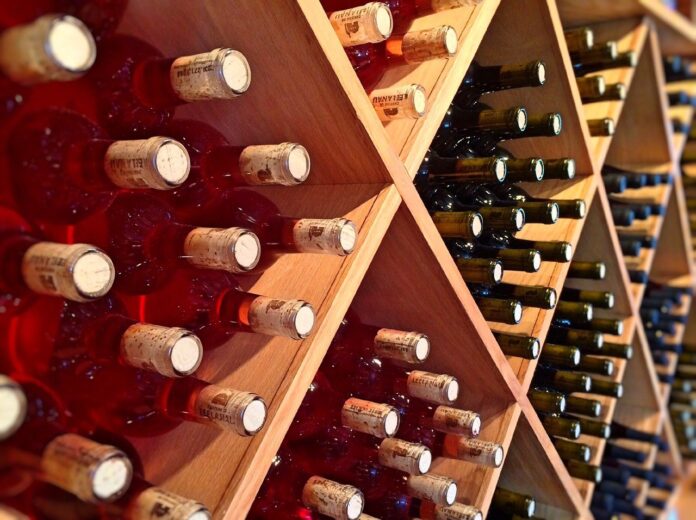When it comes to investment trends and data analysis the establishment of an exchange for a particular commodity or resource can prove to be invaluable. An exchange represents the most liquid form of purchasing and selling as a two-way marketplace. However, it can also come to represent much more than that on a meta level. What an exchange really represents is an information exchange; the place where individuals within an industry can collaborate in order to create an accurate picture of the state of a particular market, both in the present and the past.
The information that is collected through the running of an exchange is of paramount importance to investors who are seeking out new opportunities for profit. Historically, however, the fine wine operated without dedicated, international exchanges until the year 2000. Let’s take a closer look at why that might have been the case, as well as what is now offered by the existence of such bodies as the Liv-Ex and Cavex wine exchanges.
A large part of the lack of global wine exchanges in the past may simply be down to tradition; the market was thriving before 2000, outperforming equities in terms of growth, so the need for an exchange was perhaps not immediately obvious. Additionally, UKV International an international wine specialist stated that, ‘the wine industry does outperform many assets in terms of growth, especially in times of uncertainty and acts as a safe haven. At the moment it’s a buyers market for vintage wine. The bright news for serious wine investors and collectors is that prices of 2019 Bordeaux en primer – the very best châteaux are for the first time in more than a decade being offered at substantial discounts of as much as thirty percent or more off release prices from last year.’
The change that facilitated the emergence of fine wine exchanges was the proliferation of internet access across the globe. Suddenly, the cost of bringing the worldwide market together was significantly reduced. The first exchanges therefore begin appearing after the turn of the millennium, with Liv-Ex being the first, and others, such as Cavex, being set-up in the years following. The goals were simple: to make the trading of fine wine a more transparent and efficient process.
So, what advantages does an exchange represent on a formal level? Firstly, the terms of trade can be simplified through the use of industry-standard contracts; all transactions that take place through an exchange must adhere to the same protocol standards, whether those standards are concerning condition, payment, tax status, delivery, or any other aspect of the trading process. The rules and polices put in place by an exchange help to minimise the occurrence of disputes and allow for a smoother transactional process for both merchants and buyers.
There is also the benefit of both transparency and anonymity: All trades are done anonymously, but the price of the sale is kept public in order to build up databases and allow easy tracking of the state of the market. These policies allow trust in the exchange to be built up over time as more and more transactions take place. This transparency, combined with the standardisation of contracts, contributes greatly to the security and dependency of a market, allowing investors to make properly informed decisions at a reduced risk.
There are a number of other minor benefits for individual investors, on top of the benefit to the industry as a whole. An exchange allows another degree of certainty when it comes to provenance as all the data regarding this information is logged on the exchange, allowing a buyer to feel secure in the knowledge that the wine they are investing in has been taken care of properly, and has the documentation to prove it. Many exchanges also require wine to have been inspected, and a full report provided to the exchange before it is eligible for sale. This ensures that a vintage sold is the same as what is being advertised and adds another layer of security for investors.
Changes in technology will allows pave the way for changes in the way markets operate, and even the ancient fine wine market is not immune to these trends. As the market evolved in the 21st century, the establishment of online exchanges helped to modernise the industry, provide security to investors, and allowed the market to expand globally in ways it had previously been unable to do. In this regard, the fine wine exchanges provide a valuable service for investors and contribute to the prosperity of industry as a whole.







